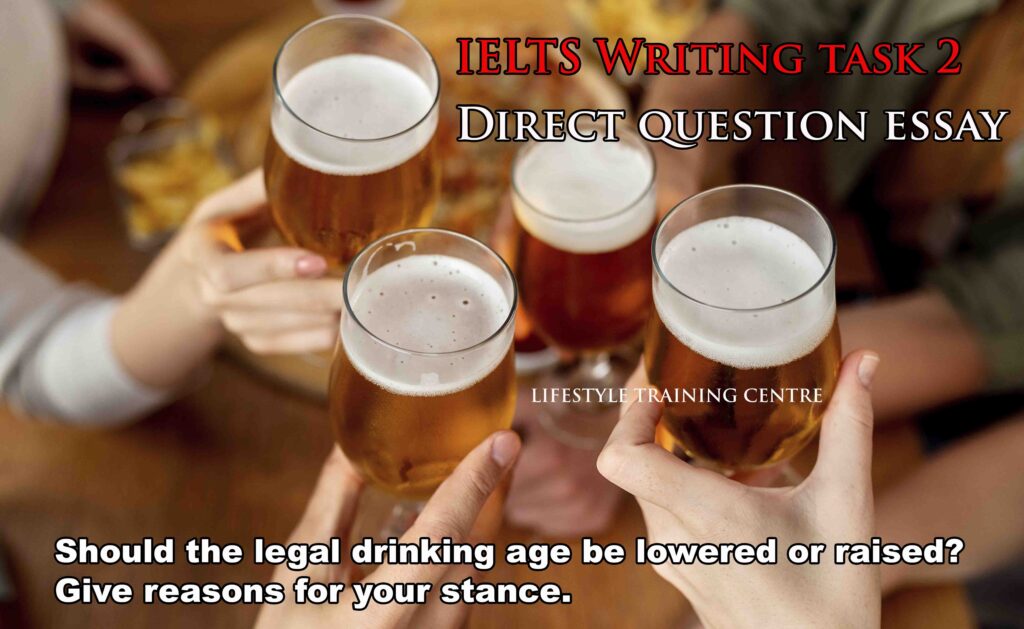Car ownership has increased so rapidly over the past thirty years that in many cities around the world there are constant traffic jams. How true do you think this statement is? What measures can governments take to discourage people from owning cars?
Model answer by Lifestyle Training Centre
The exponential surge in car ownership over the last three decades has exacerbated perpetual traffic congestion in cities worldwide. While I concur that this rapid proliferation of private cars is the primary cause of this issue, I will propose pragmatic measures governments could enact to dissuade the populace from purchasing vehicles.
Contemporary car production heavily relies on automation, facilitated by the integration of robotics, computerisation, and artificial intelligence. This has substantially reduced the necessity for manual labour and streamlined the production process, resulting in widespread accessibility to branded vehicles. However, this convenience has precipitated significant drawbacks, particularly in urban areas where traffic congestion has become endemic. Moreover, the prevalent use of cars has precipitated elevated carbon emissions and extensive time wastage for commuters ensnared in traffic.
Governments have various feasible options to address the rampant issue of excessive private car usage. Firstly, they could implement a reduction in public transport fares, encouraging the public to consider it as a viable alternative. The escalating concern over soaring gasoline prices makes individuals more amenable to this transition. Secondly, imposing limitations on the number of cars per family could be pivotal in curbing the overzealous acquisition of automobiles. Such restrictions would compel individuals to reassess their vehicular ownership habits. Additionally, enhancing the convenience and comfort of public transportation services could dissuade individuals from the notion of car ownership. For instance, in Bangalore, a metropolitan city, the government offers a diverse array of public transportation options, ranging from ordinary non-AC buses to fully air-conditioned Volvo buses, ensuring accessibility for all citizens. This initiative has successfully encouraged the public to opt for public transport over purchasing new cars.
In conclusion, to mitigate the pervasive congestion and overcrowding engendered by ubiquitous traffic, governments can deter private car ownership through measures such as reducing public transportation fares, imposing restrictions on private car ownership, and enhancing the allure of public transportation by ensuring comfort and convenience. The implementation of these steps not only has the potential to alleviate traffic congestion but also contributes significantly to environmental preservation, affording us more time and improved health.
List of vocabulary used – with meaning
- Exponential – Rapid increase, often in an accelerating manner.
- Exacerbated: Made worse or more severe.
- Perpetual: Continuing indefinitely or endlessly.
- Surge – A sudden and large increase or rise.
- Proliferation – Rapid increase in numbers or abundance.
- Precipitated -to cause something to happen suddenly or unexpectedly.
- Primary cause – The main or most significant reason for something.
- Pragmatic – Dealing with things sensibly and realistically in a way that is based on practical rather than theoretical considerations.
- Measures – Actions or steps taken to achieve a particular goal or objective.
- Dissuade – To persuade someone not to take a particular course of action.
- Populace – The general public or the population of a particular area.
- Contemporary – Belonging to or occurring in the present time.
- Automation – The use of technology and machinery to perform tasks with minimal human intervention.
- Robotics – The branch of technology that deals with the design, construction, operation, and use of robots.
- Computerisation – The process of converting manual or mechanical tasks into automated processes performed by computers.
- Artificial intelligence – The simulation of human intelligence processes by machines, especially computer systems.
- Streamlined – Made more efficient or organised, often by removing unnecessary steps or processes.
- Drawbacks – Disadvantages or negative aspects of something.
- Urban areas – Regions characterised by high population density and infrastructure development, typically cities or towns.
- Carbon emissions – Gases, primarily carbon dioxide, released into the atmosphere through human activities such as burning fossil fuels, which contribute to climate change.
- Escalating – Increasing rapidly or intensifying.
- Gasoline prices – The cost of fuel for automobiles, commonly referred to as gasoline in some regions.
- Transition – The process or period of changing from one state or condition to another.
- Imposing – Enforcing or implementing something with authority.
- Compel – To force or strongly persuade someone to do something.
- Vehicular – Relating to or associated with vehicles.
- Convenience – The quality of being suitable, useful, or easy to use.
- Comfort – A state of physical ease and freedom from pain or constraint.
- Allure – The quality of being attractive or appealing.
- Accessibility – The quality of being easy to obtain, use, or access.
- Transit fares – The price paid for using public transportation services.
- Environmental preservation – The protection and conservation of natural resources and ecosystems.
- Alleviate – To make something less severe or more bearable.
- Endemic – Prevalent or widespread in a particular area or among a particular group of people.
- Initiative – An introductory step or action taken to achieve a particular goal.
- Elevation – Increase in level or height.
- Mitigate – To make less severe, serious, or painful.
- Affording – Providing or allowing the opportunity for something.
- Well-being – The state of being comfortable, healthy, or happy.
- Enhancement – The action of improving or enhancing the quality or value of something.
- Presumption – The act of assuming or taking something for granted.
- Overzealous – Excessively enthusiastic or fervent.
- Implementation – The process of putting a decision or plan into effect.
We hope this information has been valuable to you. If so, please consider a monetary donation to Lifestyle Training Centre via UPI. Your support is greatly appreciated.

Would you like to undergo training for OET, PTE, IELTS, Duolingo, Phonetics, or Spoken English with us? Kindly contact us now!
📱 Call/WhatsApp/Text: +91 9886926773
📧 Email: [email protected]
Visit us in person by following the directions on Google Maps. We look forward to welcoming you to the Lifestyle Training Centre.
Follow Lifestyle Training Centre on social media:
Thank you very much!
